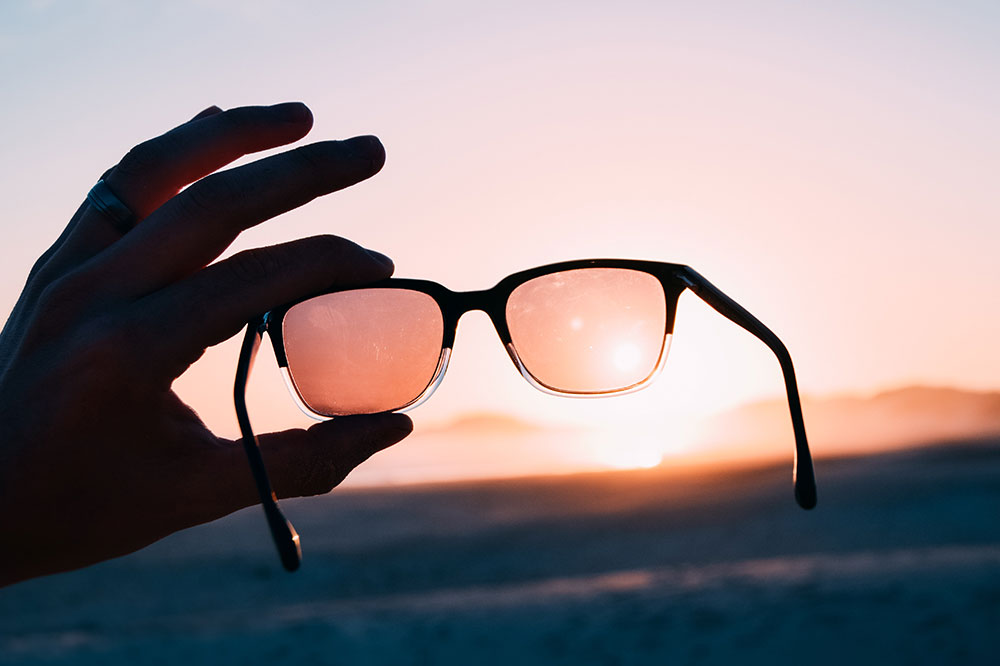4 frequently asked questions about polarized sunglasses
Be it summer or fall, sunglasses are a must-have accessory for every season. They not only enhance your look, but also protect your eyes from damage. But, in all this, how do you know which ones to pick out from a variety of sunglasses? Well, here we answer a few frequently asked questions about polarized sunglasses.
What are polarized sunglasses?
Polarized sunglasses provide protection from glare that is a resultant of the sunlight being reflected off other surfaces.

Are polarized sunglasses worth it?
Most of the time, the use of polarized glasses depends on the individual and the kind of work that they do. Typically, polarized sunglasses protect from glare that can have multiple side effects on the human eye. It can drastically impair an individual’s ability to perceive depth and can cause temporary blindness. It can also lead to a distortion in view and colors.
What are the types of polarized sunglasses?
There are technically two types of polarized sunglasses based on the quality of the lens and the polarization film. High-quality lenses are optical-grade and normally sandwich a high-quality polarized film between them. This allows the light to be filtered appropriately. Such sunglasses are also fitted with anti-reflective coating on the inner side of the lens. Lower quality polarized sunglasses are generally devoid of these features and are prone to scratches.
What are the four important elements of a pair of sunglasses?
When picking out a pair of sunglasses, individuals need to consider four elements – lens tint, UV protection, glare, and frame. Lens tint protects your eyes from reflective light, and different colors of tint can be used in different settings. UV protection involves protecting the eyes from the damage that can be caused due to exposure to UV rays in sunlight. Glare is used to prevent eye damage that can occur due to the reflection of sun’s rays off of different surfaces. Frames are used to cover the eye – the smaller the frame, the more unfiltered light enters the eye.